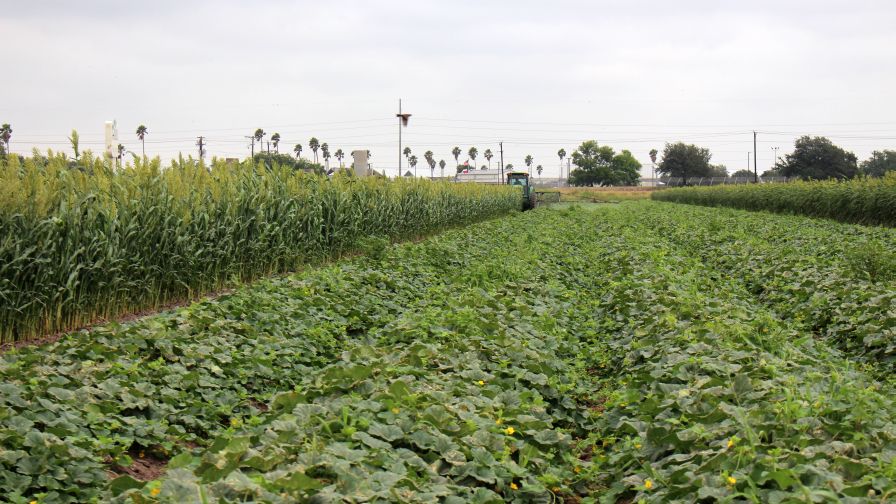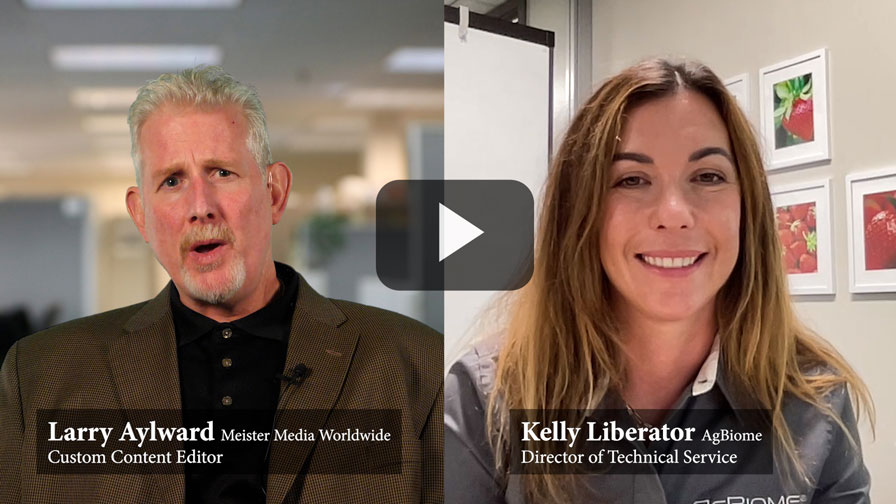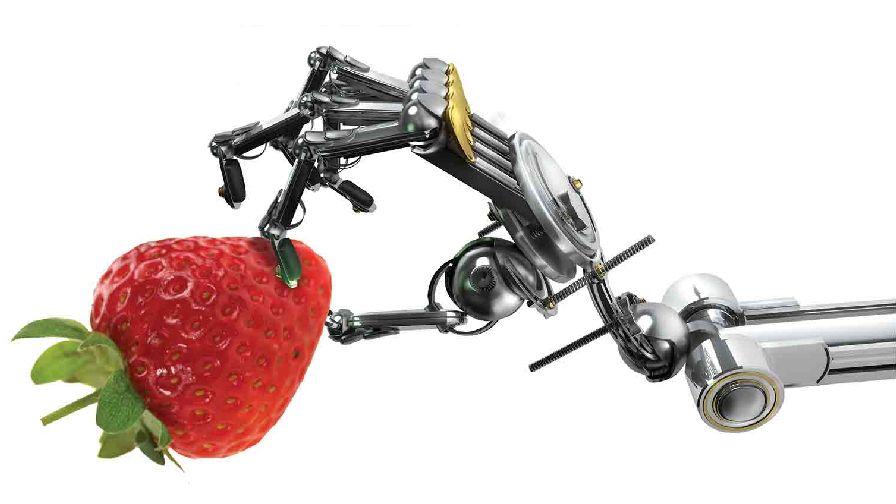Connect With A New Era Of Farm Advocates
There is a common refrain often heard in ag circles that we all too often are “preaching to the choir” about agriculture to the well-being of the country. And some believe the often repeated refrain of “we clothe and feed the world” is a tired approach, regardless of its truth.
There are a growing number of efforts under way that hope to reach the urban public and connect them with the farm. The worlds opened through social media are being capitalized on among these groups and provide agriculture with a means of reaching its consumer (those people who eat) in new and exciting ways.
Lovin’ Spoonfuls
Scott Vernon, a professor at Cal Poly Tech University, founded the group in response to the Proposition 2 in California sponsored by the Humane Society of the U.S. It was referendum on how growers could raise chickens, swine, and calves. He says that much of the industry didn’t recognize the threat posed by Prop 2 and the initiative won the vote by 63%.
“They won with graphic images and emotions,” he says. “We tried to fight with science and logic. Clearly, the industry approach wasn’t effective. And to me, it showed how fragmented the industry is when it comes to working together on issues.
“So, using a tattoo-like colorful image, we established a ‘non-denominational’ approach, to advocate for agriculture. We love all family farmers and ranchers. Together with some college students, we launched a social media driven effort to appeal to urban young people (14 to 24 years old) about the importance of agriculture to our society. We are not a member organization, we are a movement. So, we are not beholden to old messages that are often used by industry groups. Additionally, we use a bold, fresh, and — at times — provocative approach. After all, our detractors use crazy methods (think PETA) and their message gets out there.”
When you read about the group and the profiles of its 20-something members, they are strong supporters of agriculture. The “About Us” page reads in part: “Together we are working to help our generation understand the importance of knowing where our food comes from and who produced it. We’re not your typical ‘who cares’ kind of young people from the Millennial Generation. Sure, we all have cell phones and we text like crazy. We have iPods and spend way too much time on Facebook and MySpace, but we care about our planet. We care about our country. We care about the American family farmer.”
In addition to regular contact with its public through Facebook, Twitter, and its blog, I Love Farmers also hosts events like one held on seven college campuses in November called WTF?…Where’s The Food …Without The Farmer.
Making A Difference
“Again, this is a movement, so our efforts grow organically and we are doing all we can with the very limited resources we have on hand. We have active conversations going on among young people nationwide and that is good. Our logo wear is extremely popular and people from all over the world are buying our T-shirts and other items that advocate for farmers and ranchers.”
New Dialogue
“Other countries like China, India, Brazil, and Argentina are catching up,” he says. “We cannot rest on our historic domination/leadership in this area. People will understand this message: ‘Would you like to be dependent on foreign food?’ We must help them understand what increased regulations and government intrusion into agriculture means to them. It means increased cost of production, higher food prices, more consolidation, outsourced food (produced under less oversight in different countries), and ultimately the loss of freedom of choice.
“Those who think America will always lead in global food production are naive. I believe if we are not aggressive at advocating our industry, we too will go the way of other leading American industries that have been overtaken by other nations (steel, autos, computers, textiles, manufacturing, etc).”









